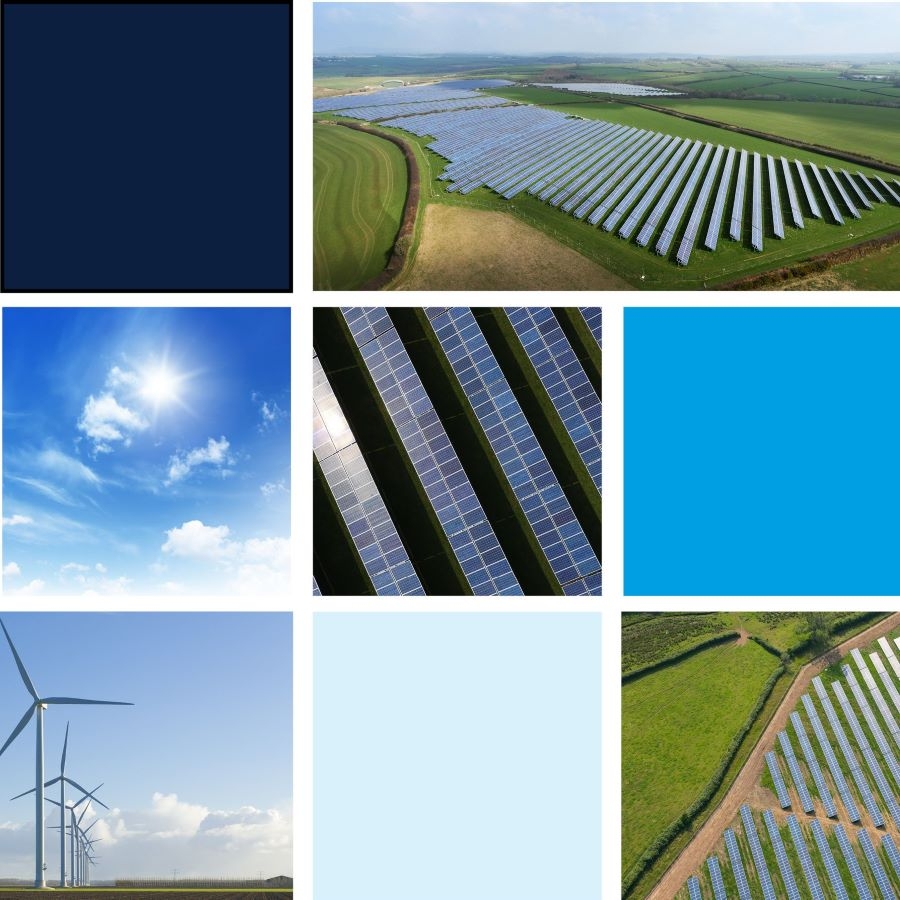Low carbon generation: investors are ready to invest, just provide the market
The decision by Secretary of State for Energy and Clean Growth Claire Perry to bring in a new round of Contracts for Difference auctions is to be welcomed, especially if they are opened up to less established technologies like onshore wind and solar.
But, for all the fanfare, the announcement cannot not detract from the fact that investment in renewables has been falling steadily in the UK since 2015 and is now at its lowest point in a decade. The Environmental Audit Committee’s recent report found that cash investments into renewables fell 10% in 2016 and a further 56% in 2017 – and it may well be the case that 2018 sees a further decline.
Almost exactly a decade on from the implementation of the Climate Change Act, this is a worrying trend. It would be justified if no more investment was needed to decarbonise our power system, but this is far from the case. Whilst the low carbon power sector in the UK has seen remarkable growth in recent years, demand for electricity is expected to sharply increase in the coming decade with more electric vehicles come onto UK roads, and it is as important as ever that momentum is maintained.
The Oxford Sustainable Finance Programme has outlined that the transition to low carbon generation is “the most capital-intensive transition in human history”. There is no hyperbole here, we need to ween ourselves off the fossil fuels we have been reliant on since the industrial revolution, and this must be carried out at pace if we are to keep the global temperature rise below 2°C as stipulated in the 2015 Paris Climate Change Agreement. Whilst we are using a record low proportion of fossil fuel in the UK, it still made up 80.1% of the energy used in the UK from 2017-2018 according to the Government’s own statistics.
A high level of investment in UK renewable projects won’t necessarily require hefty subsidies that might impact on consumer bills, though there is definitely a role for subsidies to help bring technology costs down.
So what can the Autumn 2018 Budget do to give renewables the boost that they need? In the light of the upcoming closure of the FiT and the ambiguity over the future role of CfDs, the Budget is a real opportunity for Government to bolster its support for clean growth and the renewable sector.
For continued and increased investment in this space, renewables businesses are calling for the right market conditions to be facilitated. Creating certainty for investors and the knowledge that their investments will produce guaranteed returns (by their very nature investors are risk averse). For example, this could include the establishment of long-term power purchase agreements, or the facilitation and removal of regulatory barriers to revenue stacking, including the co-location of renewables and battery storage projects.
The Infrastructure Projects Authority predicts that, of the required investment needed to help decarbonise the transport and energy sectors over the next 15 years, 90% will need to come from private sources. This is a challenge which the energy industry is working to meet, and there are positive indicators that it is a challenge being taken seriously.
In the UK, the right market conditions, in parallel with falling technology costs, enabled commercialisation of the first subsidy free solar power plant.
Companies like Low Carbon see this as the future for the low carbon power industry. Now we look to Government to reassure this industry, particularly nascent subsidy free projects, in the same way that National Grid has innovated on the products it provides for generators.
There are real opportunities for investment across both the UK and the EU, provided conditions are in place to mitigate risk and provide a guaranteed return. The Autumn Budget, to be presented to parliament shortly before the ten-year anniversary of the Climate Change Act, is a real opportunity to reinvigorate the UK’s renewable sector and demonstrate that the UK intends to retain its role as a world leader in decarbonisation.
Low Carbon has recently announced the closing of new fund with Vitol, VLC Renewables, which will be used to invest into renewable energy projects across the UK and Europe.

